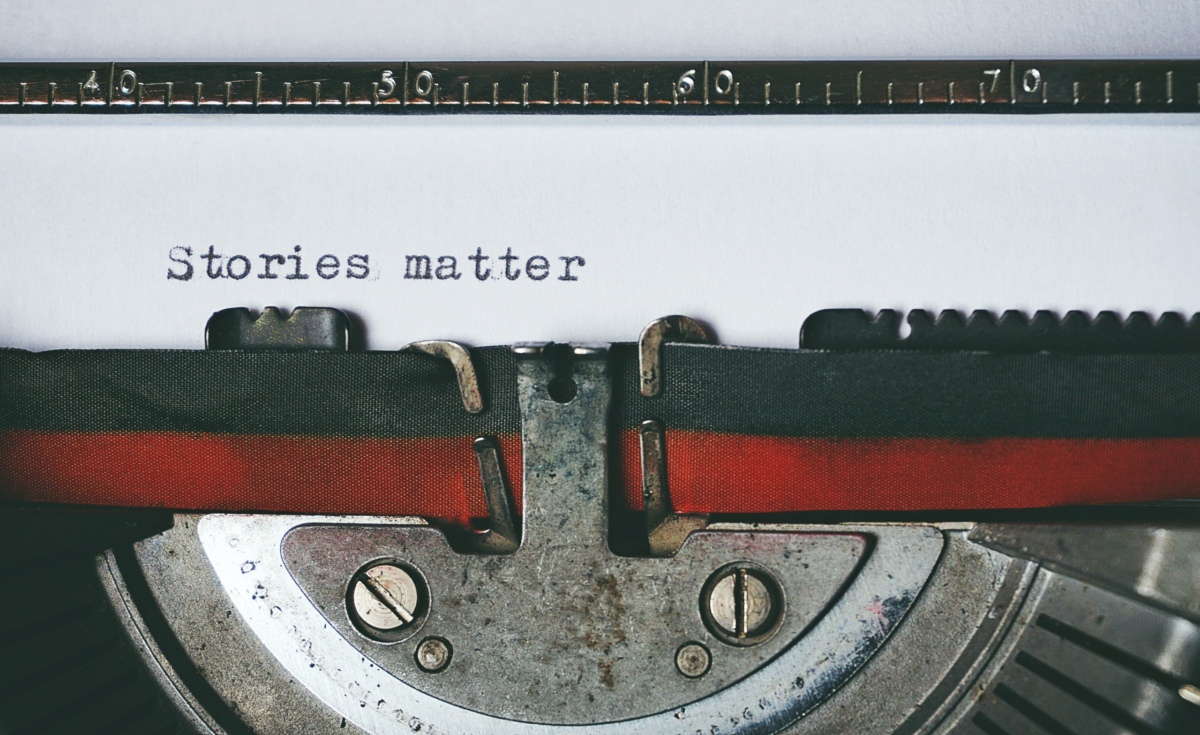Recording Your Story
We tend to avoid talking about death, dying, grief and loss despite it being something that will affect us all throughout life. There is so much value in documenting your life story as it is something that will become a treasured family keepsake once you’ve passed, capturing all those stories that your family may not have heard before.
It is also a great way to leave a legacy for your loved ones, connect to your creative side, build stronger connections, and develop a real sense of purpose and reflection on the days that you have energy and are feeling inspired. It is common for people with life limiting conditions to start to reflect on their earlier life and natural for them to want to share these memories. For families, the life story that is produced creates a sense of connection that can easily be lost across the generations.
Ways to record your life story
Writing your own memoir
There are many ways you can record your life story. Most people may know what they want to say in their life story and the messages they want to leave, but it is tricky being able to articulate this into words on paper, which is why there are so many different options like recording a video series on your phone or using a prompt journal from your local bookstore.
The great thing about recording your life story is that it is YOURS. You can be the creative director in what you choose to share, and what stories you choose to tell. You can make it as long or as short as you like. You could choose to go chronologically, or even create chapters to showcase the key points in your life story.
Memoir writing services in New Zealand
Most New Zealand hospices offer a service where you will be introduced to a local volunteer who can help you to capture your life story. In our Go With Grace directory, there are also a number of online organisations who can help you with this. Take a look at our directory to find a memoir writing service near you.
What to include in your life story
- What life was like for you growing up
- Favourite childhood memories
- Family tree information
- Your significant relationships
- The achievements you are most proud of
- The different stages in your career
- Favourite activities, hobbies and interests
- Funny stories or memories your family may not have heard
- Special friends and family
- Life lessons you’d like to share with others.
Often, once you start writing, it will jog other memories and it may bring up lots of different emotions, including happiness and sadness. This is an important way to process the grief of your situation and can help you to really write from the heart.
Capture – and share – your story in a way that suits you
There are many ways to record your story, either by writing it down yourself, recording your stories with a voice recorder so someone can transcribe it or making videos. With phones and other technology these days, it is very easy to record your voice and also video. These can be short, and recorded over lots of days – you might decide to record one memory a day.
The most important thing is to share these stories with others. Whether your story is recorded on paper, online or on video, make sure to tell your family or friends where it is and how they can access it. You could consider leaving a spare copy with key loved ones, to ensure it’s not lost or forgotten.
